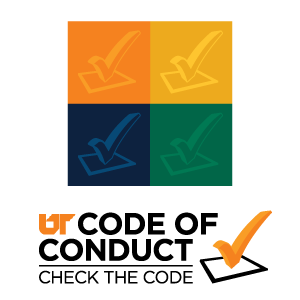 What would you do?
What would you do?
Let’s suppose that you encounter one of the following situations:
- You observe a practice that you suspect poses a conflict of interest, but you’re not 100 percent certain that there is a problem.
- You learn through a second-hand source that someone has accessed confidential information they were not authorized to access.
- You strongly suspect that someone is using university equipment or resources for personal use.
- You observe an unsafe practice, but it’s in an area that is outside your responsibility.
Do you know how to handle each of these situations?
The answer: You should report all of these situations to the proper university authorities. You don’t have to be 100 percent certain there is a problem or be responsible for an area in order to act. Any good-faith concern should be reported so the situation can be investigated and resolved.
The Code of Conduct explicitly states that anyone who reports his or her concern is protected from retaliation. Everyone should take an active role in helping UT maintain the best work environment possible.
When in doubt, refer to the UT Code of Conduct. The code provides standards for behavior, plus:
- related policies and procedures
- specific examples of prohibited behavior
- who you should contact for advice
- avenues for reporting complaints, including anonymous means
Find the full UT Code of Conduct at https://conduct.tennessee.edu/.


